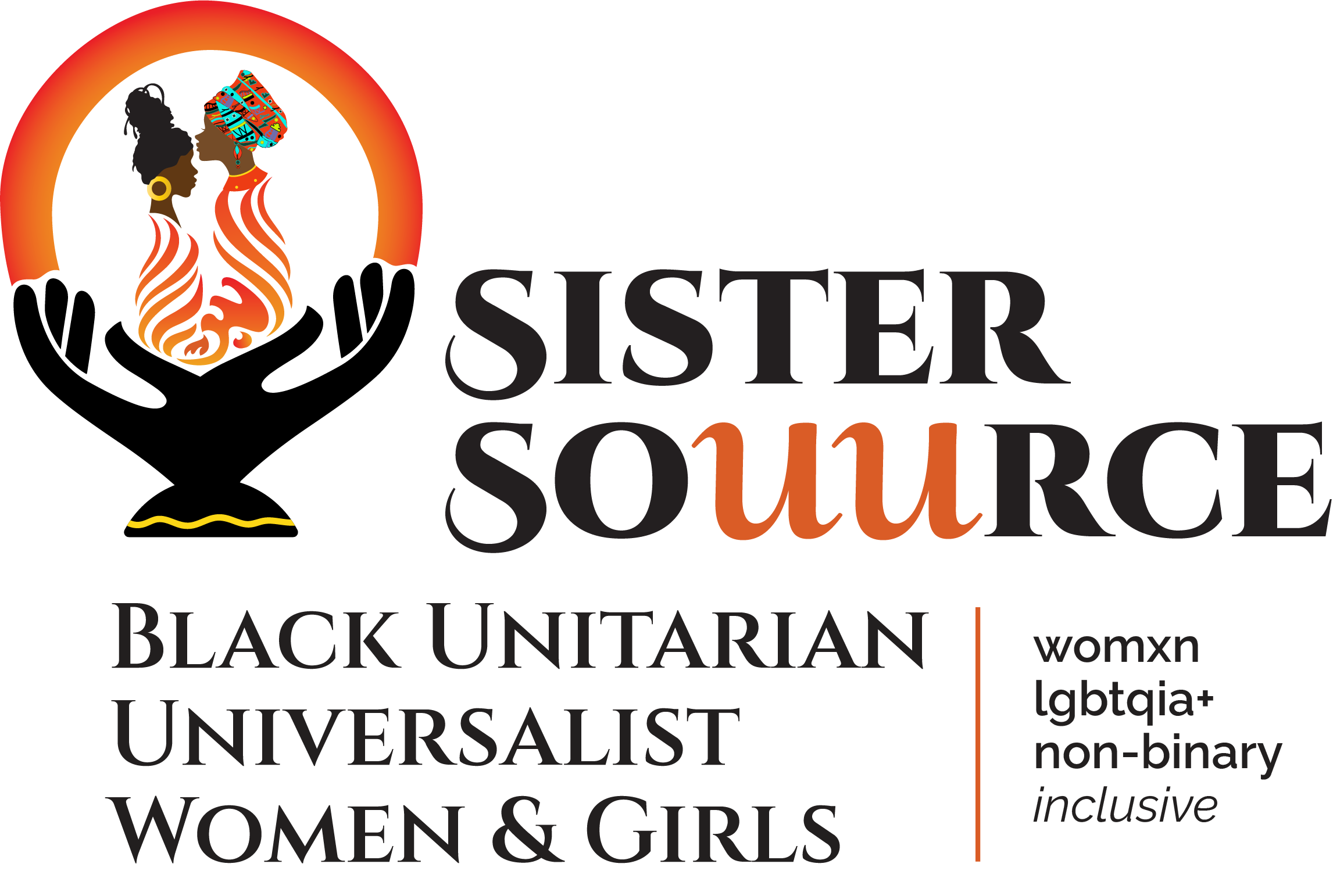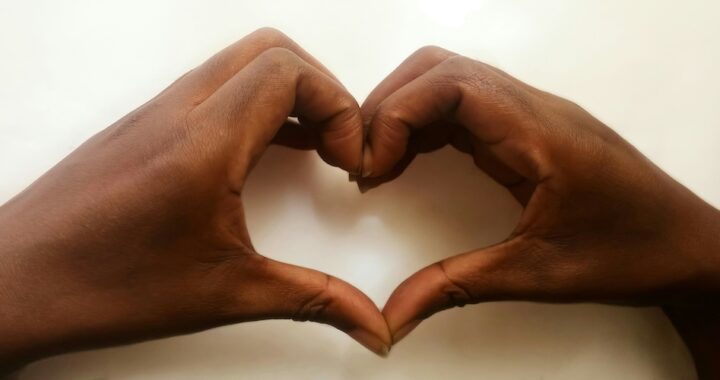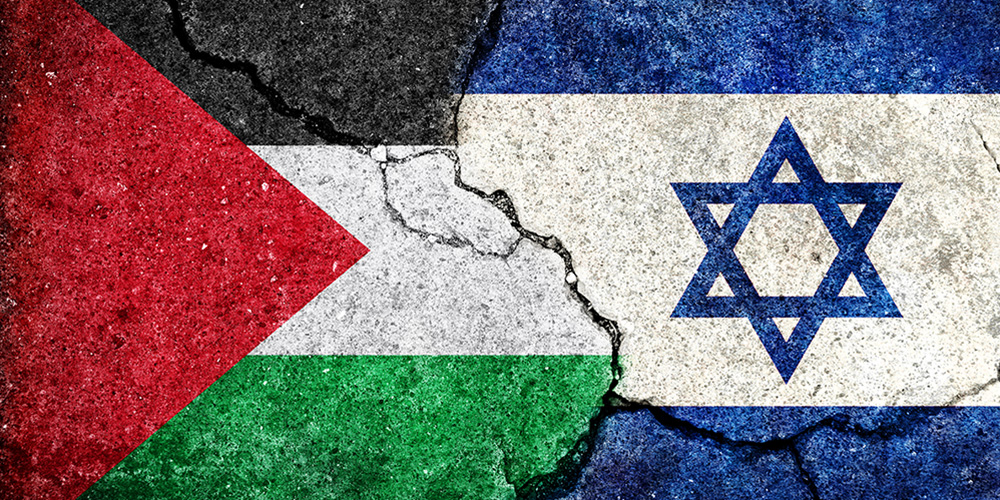Happy New Year! Happy birthday, Dr. King! And here we are in Black History Month! We at Sister Souurce, Inc. took a break to recover from the physical, psychological, and spiritual exhaustion of 2023. While there were many joys, there were also challenges – personal and societal – that tested our resilience. Twenty twenty-three will be remembered for different reasons but most of all, I hope to embrace the lessons I’m still pondering.
I sit at my desk thinking about a simple Buddhist saying to get me through the heartbreak of world affairs. “Families are filled with ten thousand joys and ten thousand sorrows.” It is not my biological family, but the human family that I think of as I contemplate these words. In these times when the world feels like it’s on fire, I must remember that the human family is filled with thousands of joys and sorrows. Why must I focus on the negative?
There are those who turn a deaf ear and blind eye to the pain and suffering occurring around them. There are those who spew hatred, act out of the lower energies of anger, hate, frustration, greed, envy, jealousy, and violence. These individuals and groups contribute to the detriment of the world. There are those who care deeply about humanity and wish to promote freedom, justice and equality – who continue to be hopeful and act in ways that model change. They may be associated with faith traditions, or not. On the other hand, I believe there is a growing group of individuals that once identified as, let’s call them “progressives,” that believe humankind has lost its humanity, its sense of what it means to be human – the capacity to empathize, the ability to control emotions and to practice critical thinking and decision-making. I’m less judgmental of them now because I’m beginning to doubt humankind’s ability to transform. Masses of people continue to accept the tyranny of the minority that places profit before human lives. When the world appears to have gone mad, what do we do?
I am emotionally and spiritually tired. I’m growing cynical and defeated. I search for the positive while I try to hold the weight of the world on my shoulders and those suffering in my heart. My heart breaks for the millions around the world being oppressed and mistreated. So, instead of complete withdrawal from humanity, I recall my re-evaluation co-counseling partner, Horace Williams, a 90-year-old Catholic, who told me about a non-profit organization committed to supporting Israel’s only intentional Arab-Jewish village. The Neve Shalom/What Al-Salam community (Arabic and Hebrew for Oasis of Peace) was founded by Father Bruno Hussar in 1970 with seventy families. Half were Jewish and half were Palestinian – all were Israeli citizens. Located an equal distance from Jerusalem and Tel Aviv-Jaff, the residents stated goals of equality, democracy, and peace to guide them in their endeavors. I wonder how they’re doing in the midst of this horrendous atrocity on both sides – this village that committed to govern collectively as they worked and played together prior to October 7, 2023? In days past, they collectively enjoyed programs that included a primary school, a school for peace, The Spiritual Center and Oasis Art Gallery, and the Humanitarian Aid Program and Youth Club.
Haled, a person who has early memories of the village community reminisces about his childhood days. He has since moved from What al-Salam-Neve Shalom to live in Haifa. He commented that when he left the village he learned about racism, among other things.
He says, “The most important thing I got here [the village] was an ability to understand the other side … I can put myself into another’s shoes, and that is useful. If I had been born Jewish in this country, I would have served in the army; in Gaza I would belong to Hamas. When I speak with someone from Kiryat Malachi [a southern district in Israel] I know how to overturn that mantra in his head that says – they are like this, they are like that.”
Rawnak Natour, a civil rights activist who focuses on equality in employment and education, while advocating to end discrimination against minorities, serves as co-executive director of veteran New Israel Fund grantee, Sikkuy – The Association for the Advancement of Civic Equality, a shared organization of Arabs and Jews in Israel. She seeks to effect change in government ministries, public agencies, local authorities and among the public, and to encourage better government policies toward Arab citizens while creating a new reality of a shared and equal society.
She says, “Every day, the village gives us proof that building knowledge and trust is essential if we really want to reach agreement at the end of the day. It gives us proof that peace is possible.”
As I struggle to regain my perspective amid current world affairs, I invite you to offer up what you do to stay sane and centered during such devastating events. I close with the following quote:
Outside the Circle of Care
“The ground is shifting beneath our feet. Old truths are falling away. Old stories are collapsing … A movement, led by Black people and young people but welcoming to all races, gender identities, religions and generations, has done the work of imagining a radically different and more beautiful world, and they are already fighting for it.” ~ Naomi Klein, journalist and author – Ware Lecturer, Unitarian Universalist General Assembly 2020
Warmest regards,
Elder Rev. Qiyamah A. Rahman


